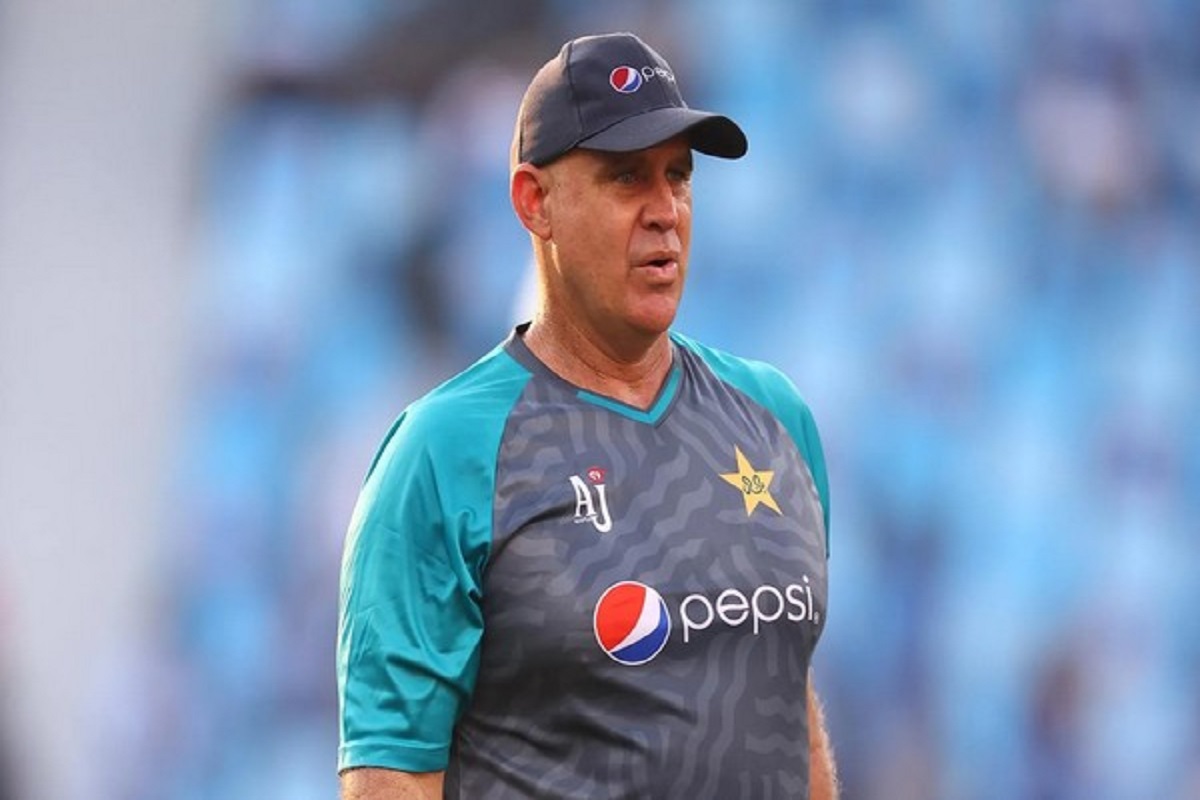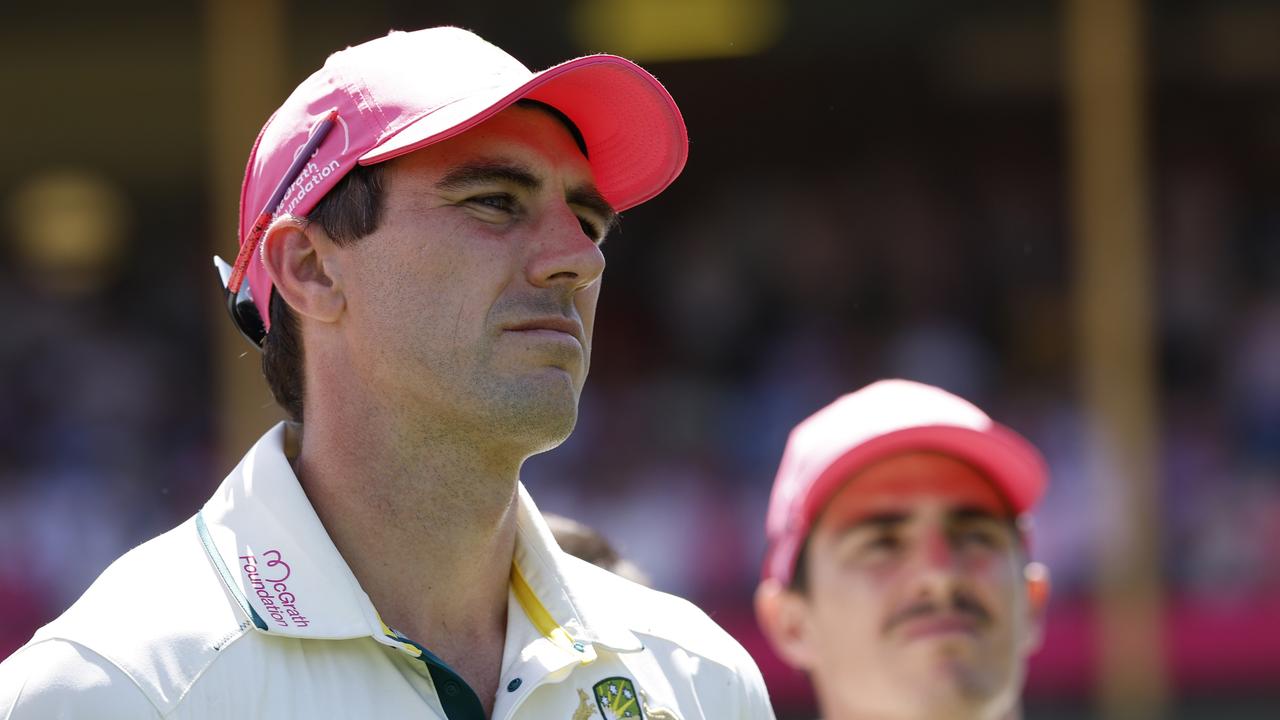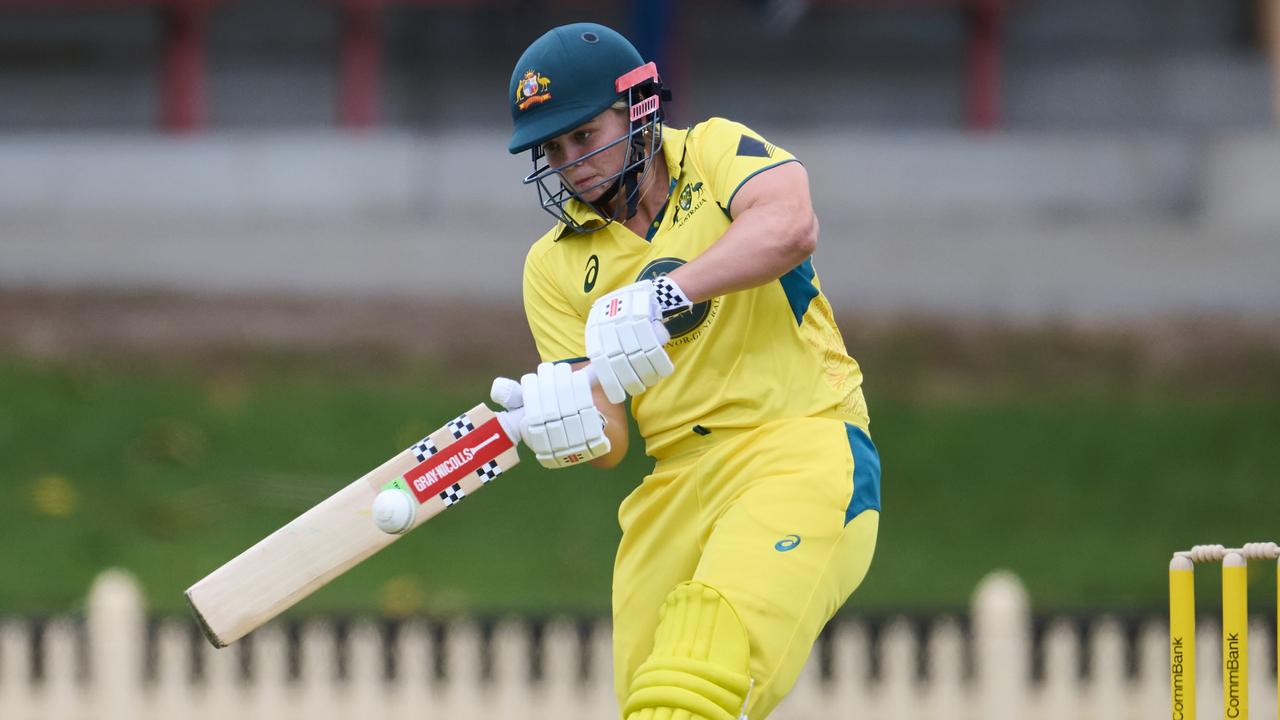Hayden says moving Smith to open the innings in Test cricket is crazy – The Statesman

- by Admin
- August 22, 2024

Over the past few days, there have been numerous Australian cricketers sharing their views on Steve Smith’s role as opener in the run-up to the all-important five-Test series for the Border-Gavaskar Trophy against India later this year. The latest to join the list is former Australia opener Matthew Hayden, who suggested that moving Smith to a “completely different position” is “crazy”.
Hayden, one of Australia’s most prolific opener in Tests before David Warner’s era, believes that the role of an opening batter is very much different from the ones batting in the middle order throughout their careers, and it complicates further when the batter is asked to open in challenging conditions.
“The role of an opening batsman compared to a middle-order batsman is very different. And it didn’t take long to discover that when you get into challenging conditions, like they faced in the first series outside of Australia, which was in New Zealand, that opening the batting is very difficult,” Hayden said.
“The rationale that (national selector) George Bailey gave was correct in so far as that he was choosing his best top six batsmen. Now, you can’t argue with Steven Smith, he is averaging 65 [57] in Test-match cricket…. 32 Test-match hundreds,” Hayden added.
Earlier this year, the Australian team management’s decision to promote Smith to open the innings evoked mixed response after the 34-year-old failed to get past 12 in five of the eight innings and scored just one half-century – an unbeaten 91 in Brisbane – at an average of 28.50. In contrast, he averages 67.07 from No. 3 and 61.50 from No. 4.
“I, personally, as I said at the time, was on record saying that I didn’t like changing. I think it’s crazy to think that you have the world’s best-in-class batter in a certain position. And then you change to a completely different position. For a few reasons, I think that’s crazy. Firstly, why? Such a gun in that position, such a coveted player,” Hayden reasoned.
“And then it also is not a great nod to the first-class set-up, which is very much in the Australian culture, been driving great results towards key roles, be that any one of the roles – wicketkeeping, batting, spinners, fast bowlers, opening batters. So the (batting positions of) one, two and three is a category which needs to be protected in my opinion. It sets up play.”
Hayden acknowledged the fact that the second opening slot has been a cause of worry for Australia ever since David Warner’s retirement in January but suggested that there are a couple of players like Cameron Bancroft and Matt Renshaw, who could partner Usman Khawaja at the top of the order if the team management decides to move Smith to his original batting position.
“Yes, it is. It is. For the first time, it doesn’t feel as secure. David Warner gave a great service to Australian cricket. He gave a service that was extremely competitive, wonderfully dynamic. He really took that legacy that I’d created through the 2000s to a new level, strike rates in excess of 80 (70) and gave great momentum to the top order, which otherwise is quite a conservative, very good, but very conservative batting line-up. So I think he’s an enormous loss in terms of how do you replace him,” Hayden said.
“Clearly, they’ve gone in the direction of Steven Smith and thus far, whether they continue with that strategy, time will tell. And we have guys like (Cameron) Bancroft that are always in the pipeline, Matt Renshaw is in the pipeline.
“Bancroft, when you look at his form in England, has been excellent, but that’s domestic cricket. It’s not the Border-Gavaskar-type cricket so a bit of a few things to really prove from that engine room in Australian cricket, which has been challenged right now with David’s absence,” he added.
Smith himself has said recently that he has “no idea” about his batting position for the India Tests, and that a decision would be made after Australia’s white-ball tour of the UK starting September 4, where he will feature in five ODIs against England.
“I’m happy anywhere and I’ll bat wherever for the team,” Smith had said.
The Latest News
-
January 9, 2025A revealing dive into TGL’s shot clock data – Australian Golf Digest
-
January 9, 2025Arnold Palmer’s former California home, located on one of his finest course designs, hits the market for $5 million – Australian Golf Digest
-
January 9, 2025PXG Secret Weapon mini driver: What you need to know – Australian Golf Digest
-
January 9, 2025Arnold Palmer’s former home on one of America’s best golf courses hits the market for first time – Australian Golf Digest
-
January 9, 20258 wishes for the LPGA in the new year and beyond – Australian Golf Digest





